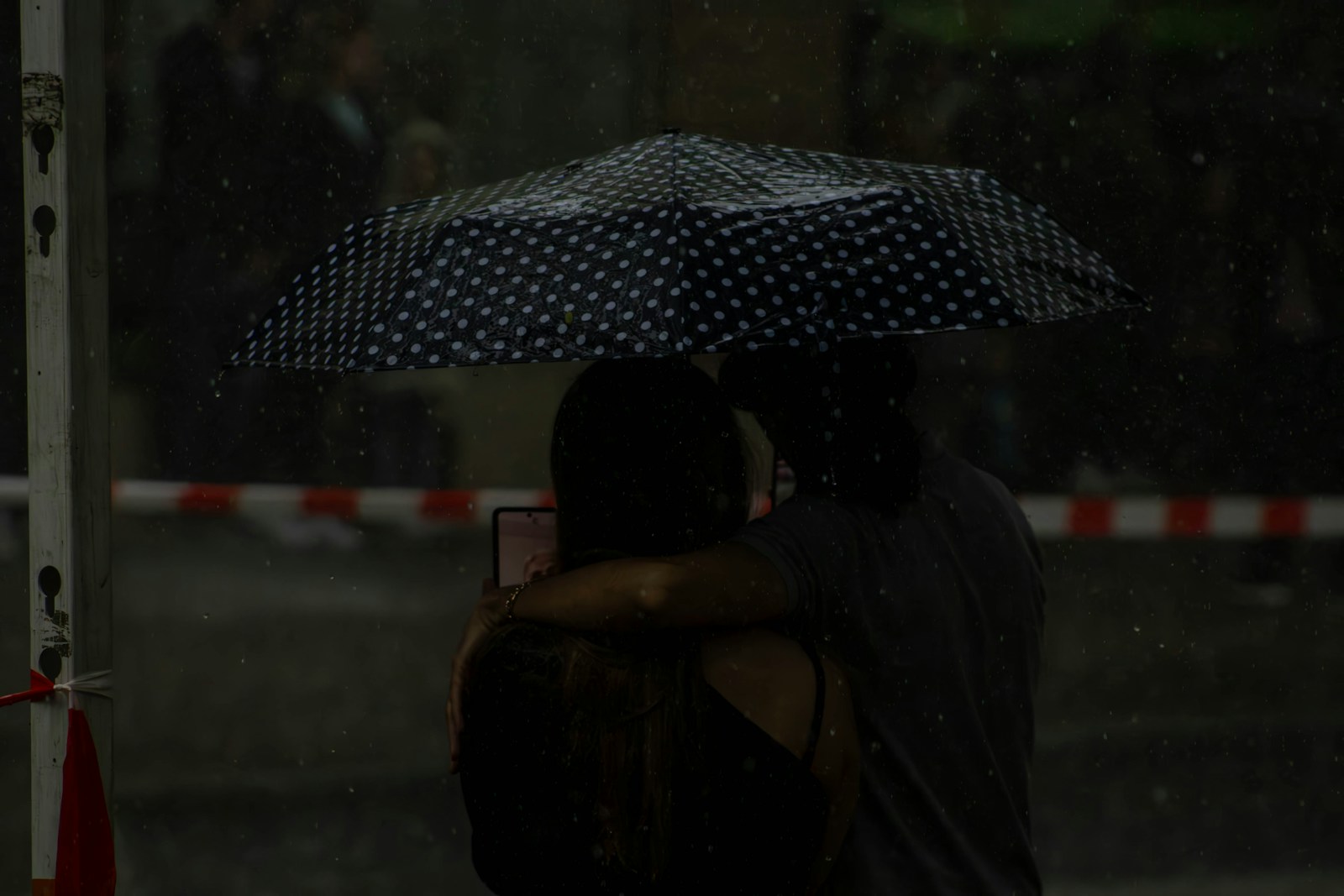
lloviznar

to rain
The Spanish word 'lloviznar' translates to 'to drizzle' in English. It is a verb that describes a weather phenomenon whereby light rain falls. Unlike heavy rain, during a drizzle, the water droplets are small and lightly dispersed. It is used in contexts where the rain is lighter and less severe.
Example sentences using: lloviznar
Comenzó a lloviznar en el parque.

It started to drizzle in the park.
In this example, we express that the weather has started to drizzle in a location being the park. In Spanish, it is common to use the verb 'Comenzó' to express the start of something.
Siempre parece lloviznar aquí.

It always seems to drizzle here.
None
Espero que no empiece a lloviznar.

I hope it does not start to drizzle.
In this example, a statement of hope is voiced about a weather condition that might occur.
No me gusta cuando empieza a lloviznar durante el festival.

I do not like it when it begins to drizzle during the festival.
This sentence expresses a personal preference about weather changes during a particular event.
Se siente bien cuando empieza a lloviznar en la tarde.

It feels good when it begins to drizzle in the evening.
This phrase depicts appreciation for a weather condition at a specific time of day.
Amo ver lloviznar desde mi ventana.

I love to watch it drizzle from my window.
The example highlights an activity, watching the drizzle, and a location which is from my window.
Puede lloviznar durante todo el día en noviembre.

It can drizzle the entire day in November.
This phrase states a possible condition or event that could happen in a specific month of year.
Odio cuando empieza a lloviznar justo antes de salir.

I hate it when it starts to drizzle just before going out.
In this example, there is expression of unfavorable timing of a weather event relative to a planned activity.
Lleva un paraguas por si acaso empieza a lloviznar.

Bring an umbrella in case it begins to drizzle.
This sentence contains a suggestion or advice for a potential weather.
A veces, puede lloviznar sin previo aviso.

Sometimes, it can drizzle without prior notice.
This example suggests the unpredictable nature of the weather.